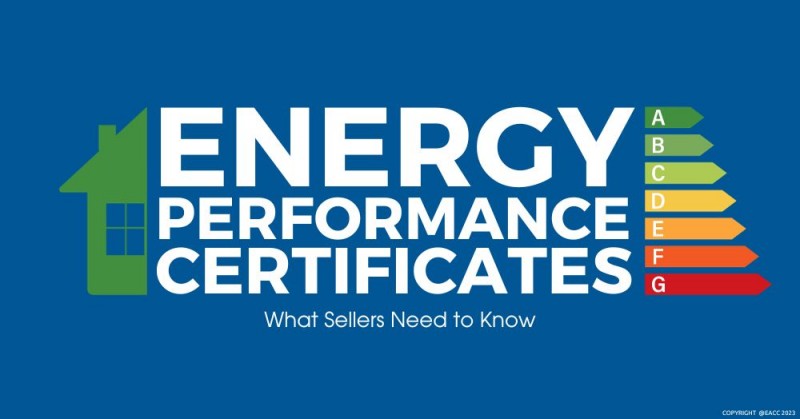
What is it?
Think of an EPC as a report card on your home’s energy efficiency. EPCs grade properties on a scale from A to G, with an A-rating denoting the most efficient homes and a G-rating the least efficient.
An EPC also recommends how a property can be made more efficient, thus bringing energy costs down.
Furthermore, it gives an estimate of the current energy costs of a home and the potential costs if improvements are made.
Are there any exemptions?
By law, most properties require an EPC before sale, but there are a few exemptions. These include:
FOR ENGLAND AND WALES ONLY
- Places of worship.
- Temporary buildings that will be used for less than two years.
- Standalone buildings with a useful floor space of less than 50 square metres.
- Industrial sites, workshops and non-residential agricultural buildings that do not use a lot of energy.
- Some buildings that are due to be demolished.
- Holiday accommodation that’s rented out for less than four months a year or is let under a licence to occupy.
- Listed buildings.
- Residential buildings intended to be used less than four months a year.
If you’re unsure if you need an EPC before selling your property, seek professional advice.
Who can issue an EPC?
Only an accredited assessor can provide an EPC. Assessors visit the property in person and analyse the lighting, heating and windows. They also consider the level of insulation and the building’s fabric.
The time it takes to conduct an EPC assessment will vary depending on the size and scale of the building. Assessing a small property could take around 30 minutes, while a larger home could take closer to two hours.
How long is an EPC valid for?
An EPC is valid for ten years. But if you get an EPC and then carry out extension works that significantly impact the property’s rating, you’ll need to get another one.
What if my home receives a low EPC rating?
While many buyers take an interest in a property’s EPC, in our experience, it’s rarely a dealbreaker (or dealmaker).
However, it’s worth noting that rental properties must meet minimum energy efficiency standards. So, if a property is incredibly leaky and energy inefficient, a buy-to-let investor may have to make improvements before renting it out. This could influence any offer they choose to make.
If you need to arrange an EPC, contact us here at Greyfox, and we can put you in contact with an accredited assessor.
